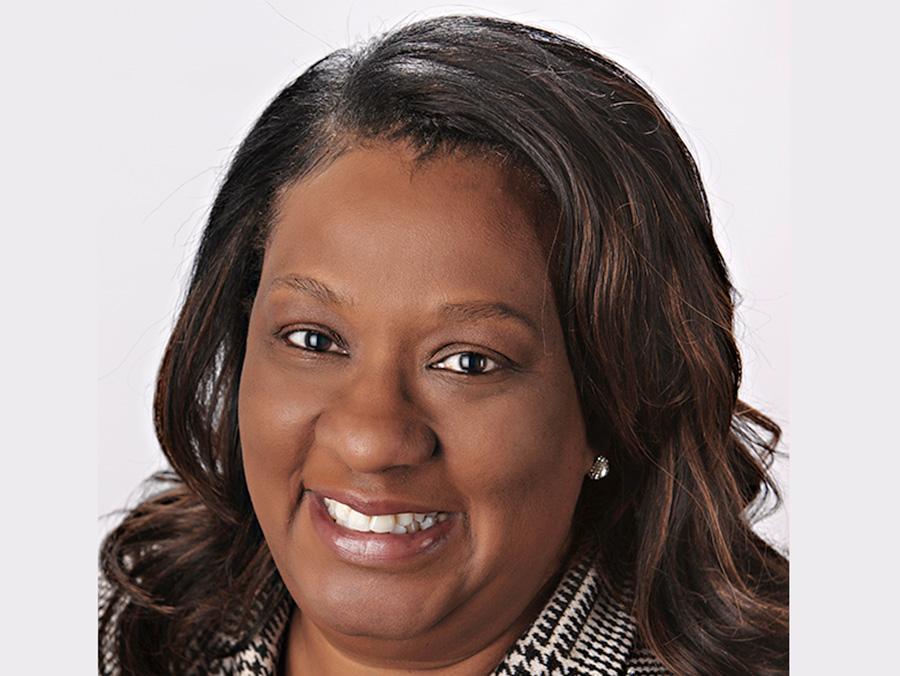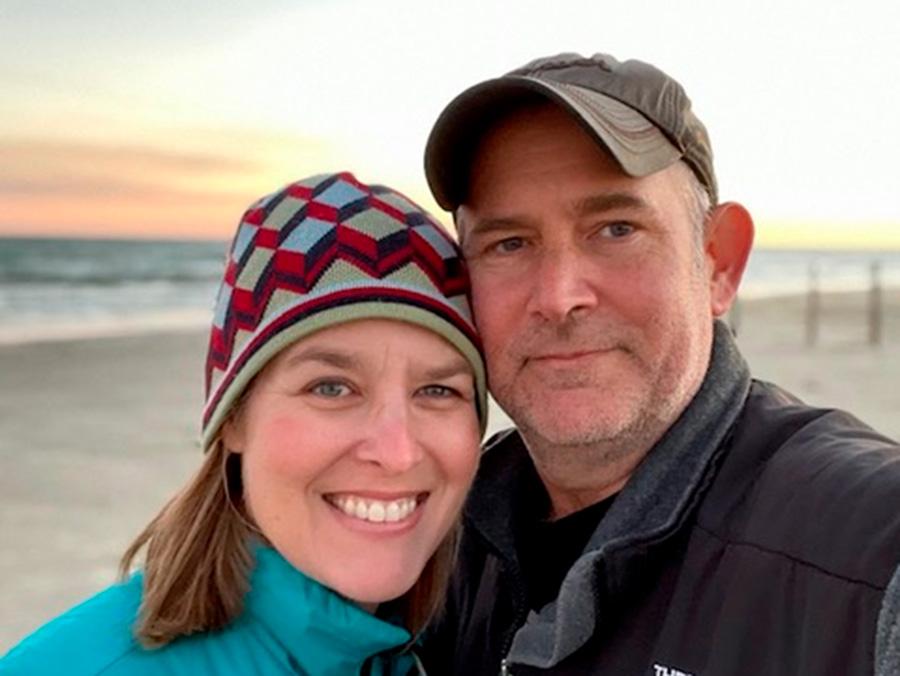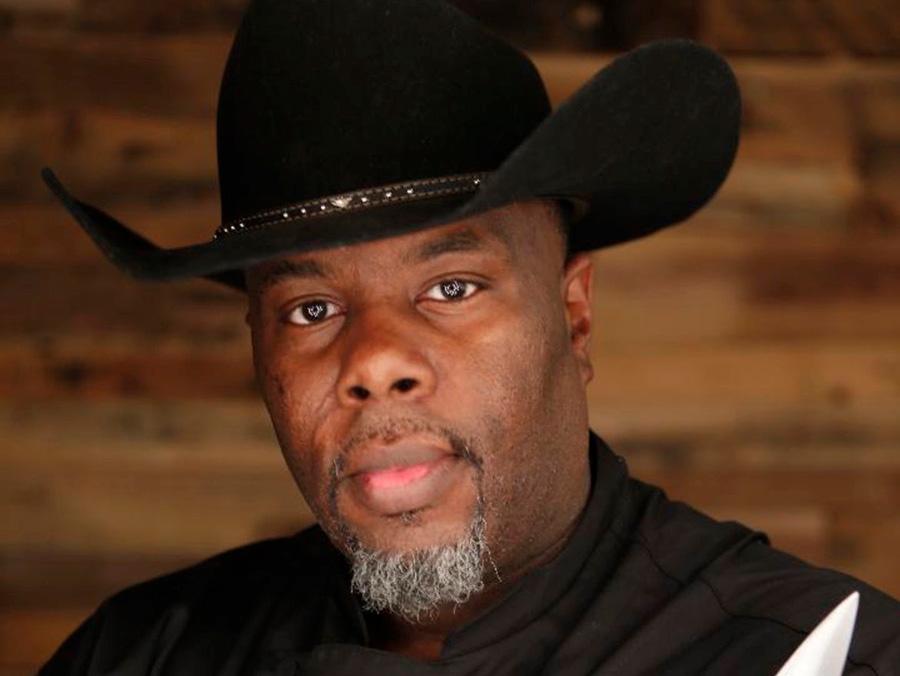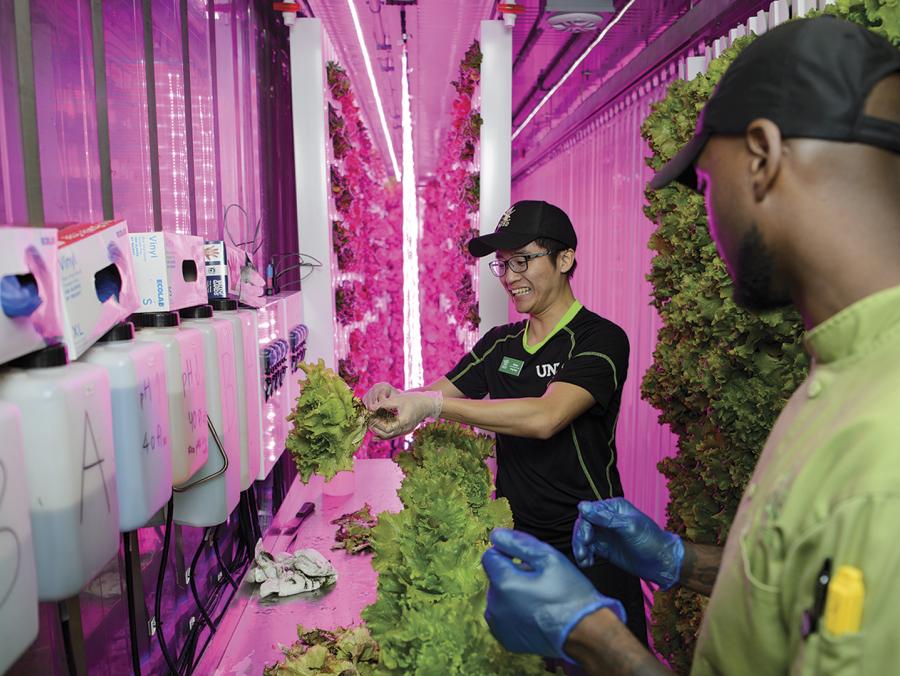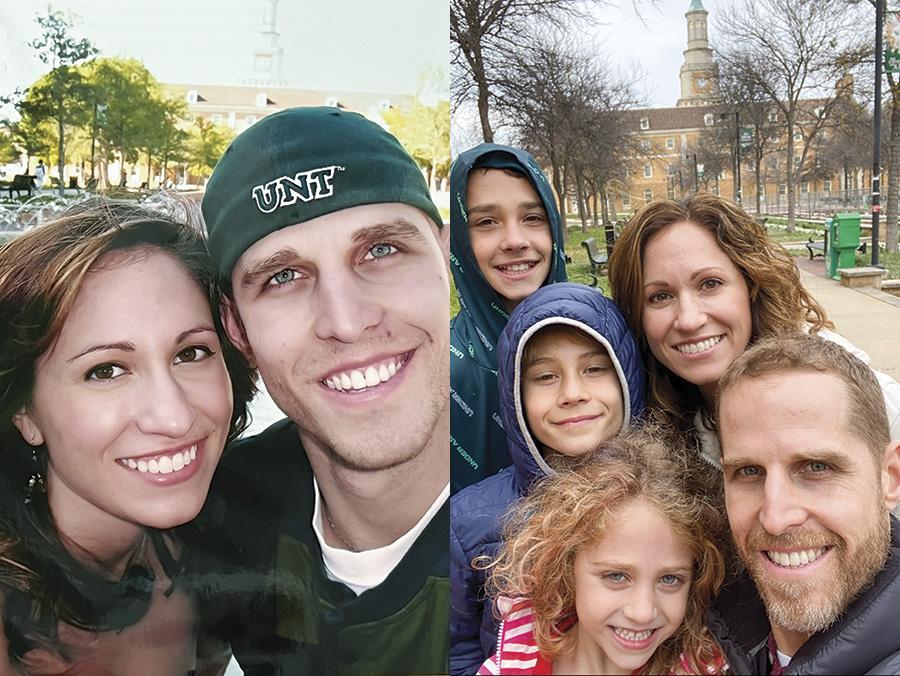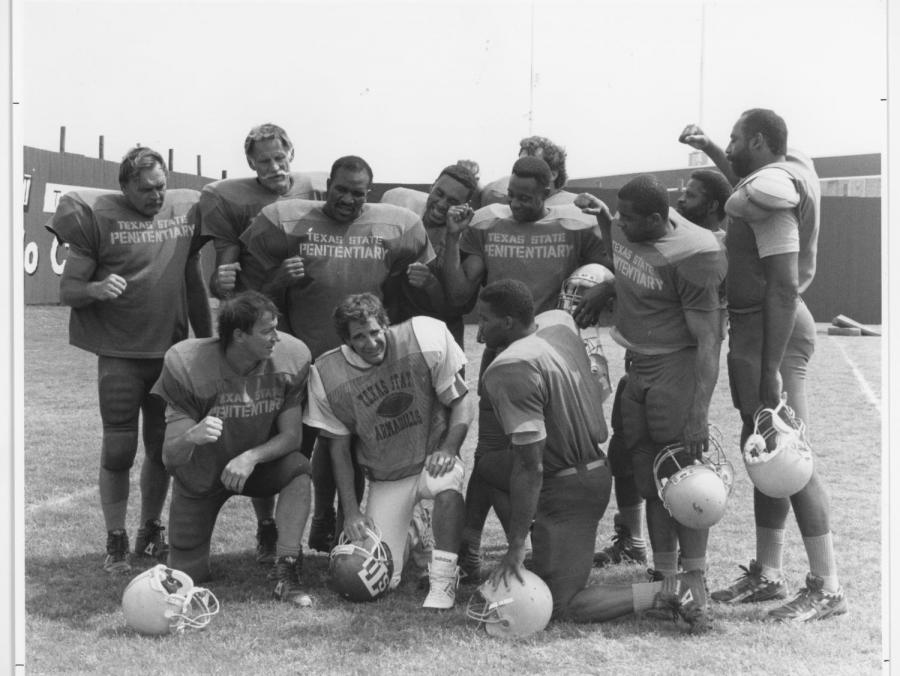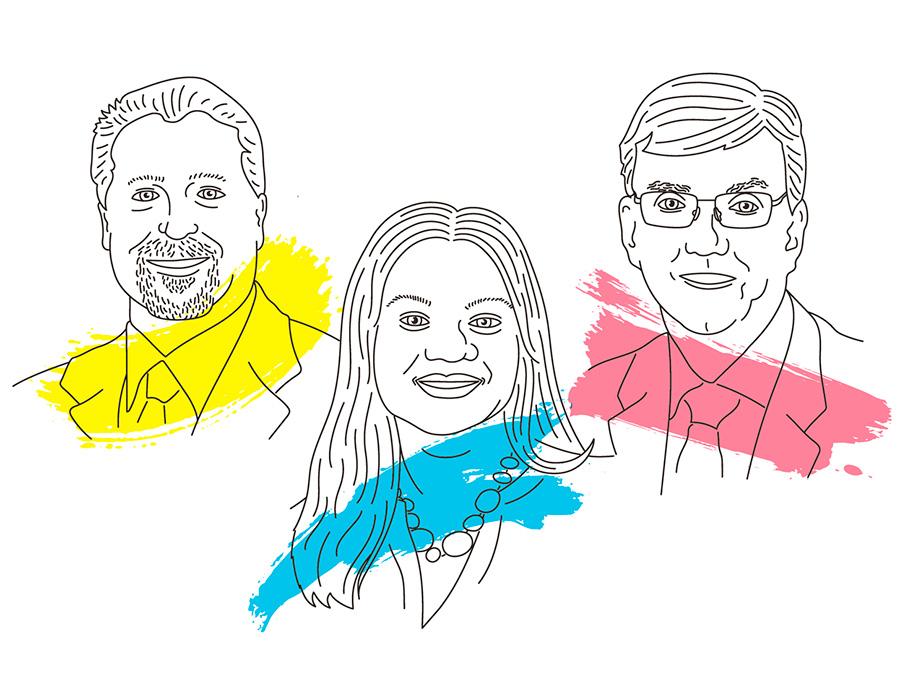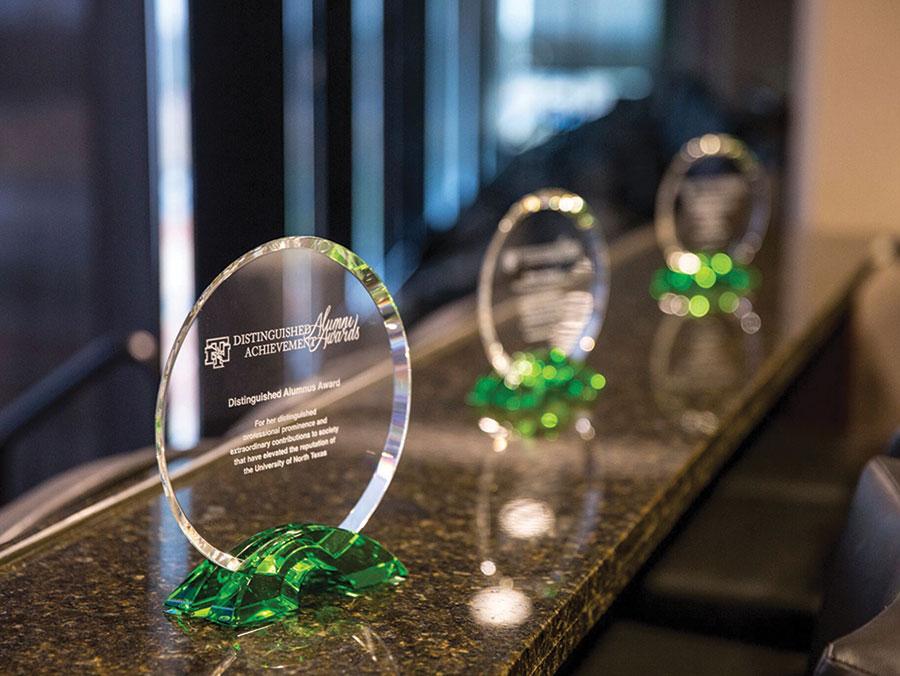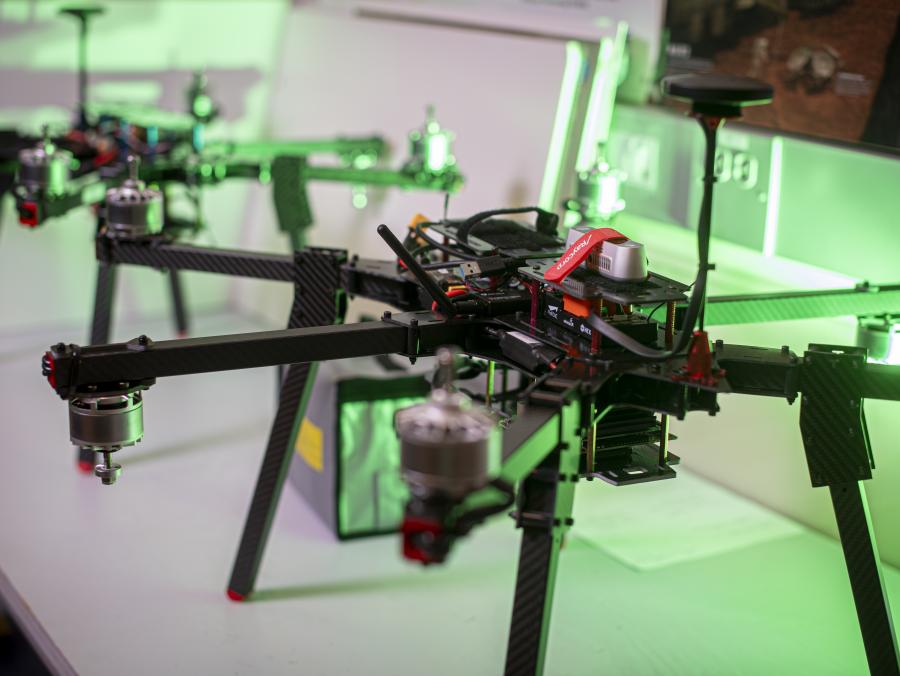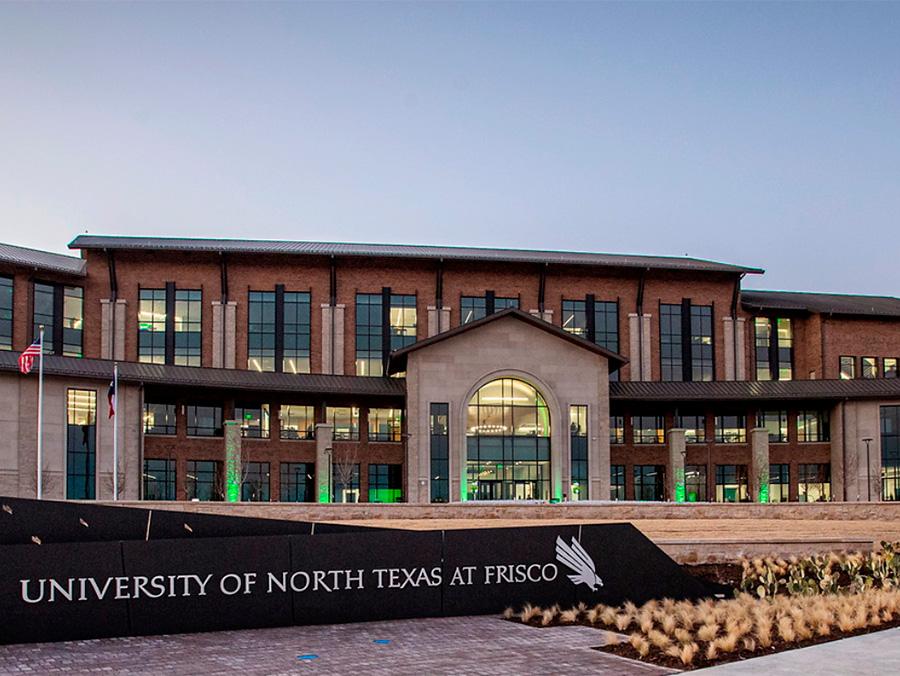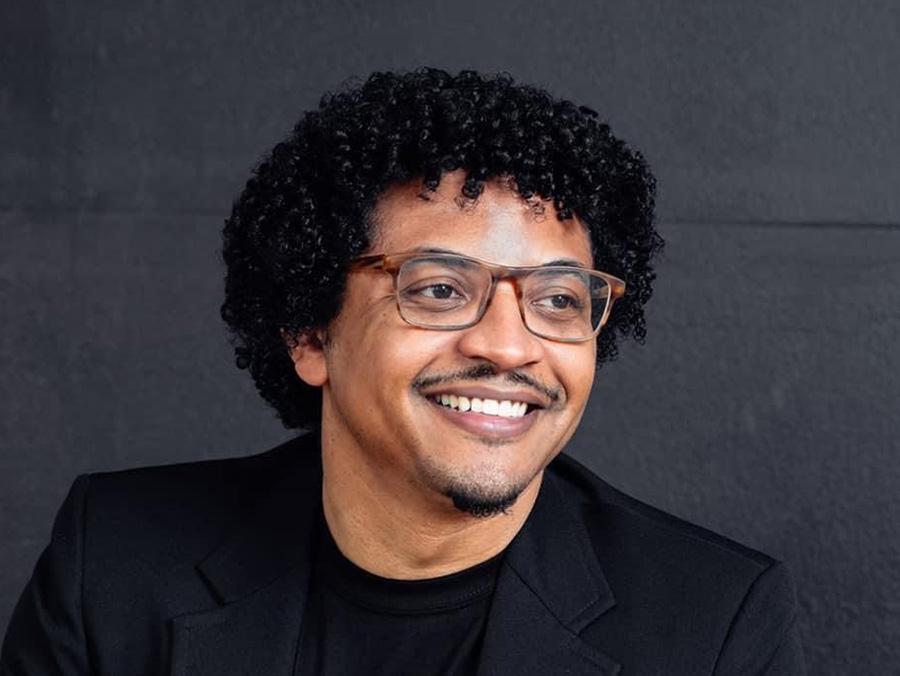ack in February, Lola Obamehinti (’13 M.J., ’17 M.S.) was featured in a Wall Street Journal article headlined “No Hoodie and Allbirds for These Women in Tech.” If the title’s not enough of a hint, the story focuses on a handful of groundbreaking ladies who are delightedly dispatching the stereotypes that often plague the digital workplace. Call it a system reset.

Scroll to about the halfway mark of the article, and there’s Obamehinti pictured in a vibrant yellow dress -- perhaps a knowing nod to the fact that, early in her career, a manager labeled the yellow pants she was wearing “inappropriate.” And while reshaping the tech industry’s largely white, masculine landscape is no doubt a trying task, Obamehinti is all smiles. At just 30 years old, she’s taken on plenty of roles, but this is the one she was born for.
“There’s not a lot of representation in the technology industry -- there aren’t a lot of women, there aren’t a lot of Latinx or indigenous peoples, and in Silicon Valley-based companies, only 1-3% of employees are Black,” Obamehinti says. “My long-term goal is to bridge the gap and create more opportunities in the tech field for historically excluded individuals.”
In the short term, she’s accomplished plenty too, establishing an impressive reputation. In 2021, the journalism and information science alumna was named to Silicon Valley Business Journal’s 40 under 40 list, where she was noted for cultivating inclusive environments via her previous work as business ethics officer and global information security trainings and communications lead at eBay -- and through her founding of Nigerian Techie, a social media brand-turned-business through which she provides technology solutions and consulting services for individual and corporate clients.
“One client of mine was already working in tech, but felt like her career was stagnant,” says Obamehinti, a former model and TV host (she was signed to agencies in New York City and Philadelphia) who also has served as a keynote speaker at various companies including Salesforce, Twilio and Cybercrime Magazine. “I helped her revamp her resume, we did some interview prep, and she eventually secured a higher paying position as a data scientist. The accolades are great, but helping people succeed in this industry is what I care about the most.”
That affinity for outreach includes inspiring the next generation of tech titans. In October, she spoke about cybersecurity career opportunities as part of the College of Information’s CODE (Career Opportunities Direction Exploration) Series, which illuminates potential job paths for UNT students. Obamehinti -- who in 2016, received COI’s Outstanding Ph.D. Student Award -- believes it’s important to open students’ eyes to the many facets of the tech industry, and that it’s not always necessary to be an expert coder or programmer to excel in cybersecurity. Tech is a small ecosystem, she says. All you really need to do to be successful is network -- and hustle.
“There are so many aspects to tech,” she says. “You can come from any background and really elevate your economic status by entering the tech industry.”
Q: It seems like there have been increased cyberattacks in recent years, including the Colonial Pipeline ransomware attack that happened earlier this year. What would you say are currently the biggest threats to cybersecurity, and how can organizations and individuals best protect themselves against those?
A: There has definitely been an increase of ransomware attacks over the last two years with more people working remotely. A ransomware attack is exactly what happened with Colonial Pipeline -- where a cybercriminal or a group of cybercriminals will hack into an organization's network, hold the data hostage and then request a particular ransom. But whether it's ransomware or another type of malware attack, cybercriminals can gain access to company and personal networks through phishing and social engineering. To further break it down, they will either send a text message, a direct message on social media, a social media invite or an email that looks like it's from a legitimate source and the whole goal is to get you to click on a link or download a photo or attachment. Once you do that, they'll be able to gain access to your devices and network, and they can then track your movements, such as keystroke logging.
For companies and individuals to protect themselves against this, it goes back to security training and security awareness. It is important for individuals to know how to better protect themselves by implementing security best practices. For social media, don’t accept invitations from people you don't know. We’re even seeing that on LinkedIn -- people will have on their profile that they work at a certain company, but they don't have any connections or any other links on their profile. They just want to connect to employees at certain companies to get information, which is social engineering. If that happens to you, go into the employee directory to see if this person actually works for your company. Also, don’t post too much personal information on social media because cybercriminals can triangulate personal information such as your pet’s name, your kid’s name, where you went to school or where you were born to potentially answer security questions.
Lastly, it’s important to remember that anything can be breached -- that's the overarching philosophy that cybersecurity operates from. Cybersecurity is all about minimizing risk, not eliminating it altogether because that is impossible. So use passphrases instead of passwords, which are harder for cybercriminals to crack. Also, when you operate with the mindset that anything can be breached, you're going to be naturally careful and cautious with where you enter your email address online or what credit cards you use digitally. It’s all about protecting your information, because ultimately information is the gatekeeper of your personal, or company, assets.
Q: Considering how early kids start using technology now, what do you think is the ideal time to begin educating youth about cybersecurity, and what precautions should parents and schools take before handing over devices to children?
A: I think it's so awesome that children know how to use iPads or know how to go to YouTube and find their favorite show. But if they're already doing that, it's best to start educating them about security awareness at a young age. If minors do have a Snapchat or TikTok, talk to them about what they should and should not be posting about themselves, their friends and their families. Not only will that protect their information, it also will protect them from predators. We've seen in the news, most famously with Instagram recently, that many social media companies do not have a lot of safeguards and protections for minors on their platforms. So, it really falls to the parents to educate their children about security best practices and how to protect themselves online.
Q: I’m imagining as an expert in cybersecurity, you often have to enter the mindset of a cybercriminal in order to devise ways to thwart them. How difficult is it to do that?
A: You do have to put yourself in the mind of a cybercriminal because then you're going to be hypervigilant and better able to protect yourself. I've always been like that — I have a unique last name, so growing up my parents always emphasized, ‘Be careful about what you post,’ When it comes to thwarting phishing attempts, I don't open emails if I don't recognize the sender. I immediately block calls that I don't recognize and there's even a feature on iPhones now where you can immediately send any number to voicemail that you don't have saved in your contacts. If I get email spam, I send it straight to the junk folder and don't even unsubscribe because sometimes it’s a phishing email, and when you click unsubscribe, they’ve just confirmed your email address is active.






